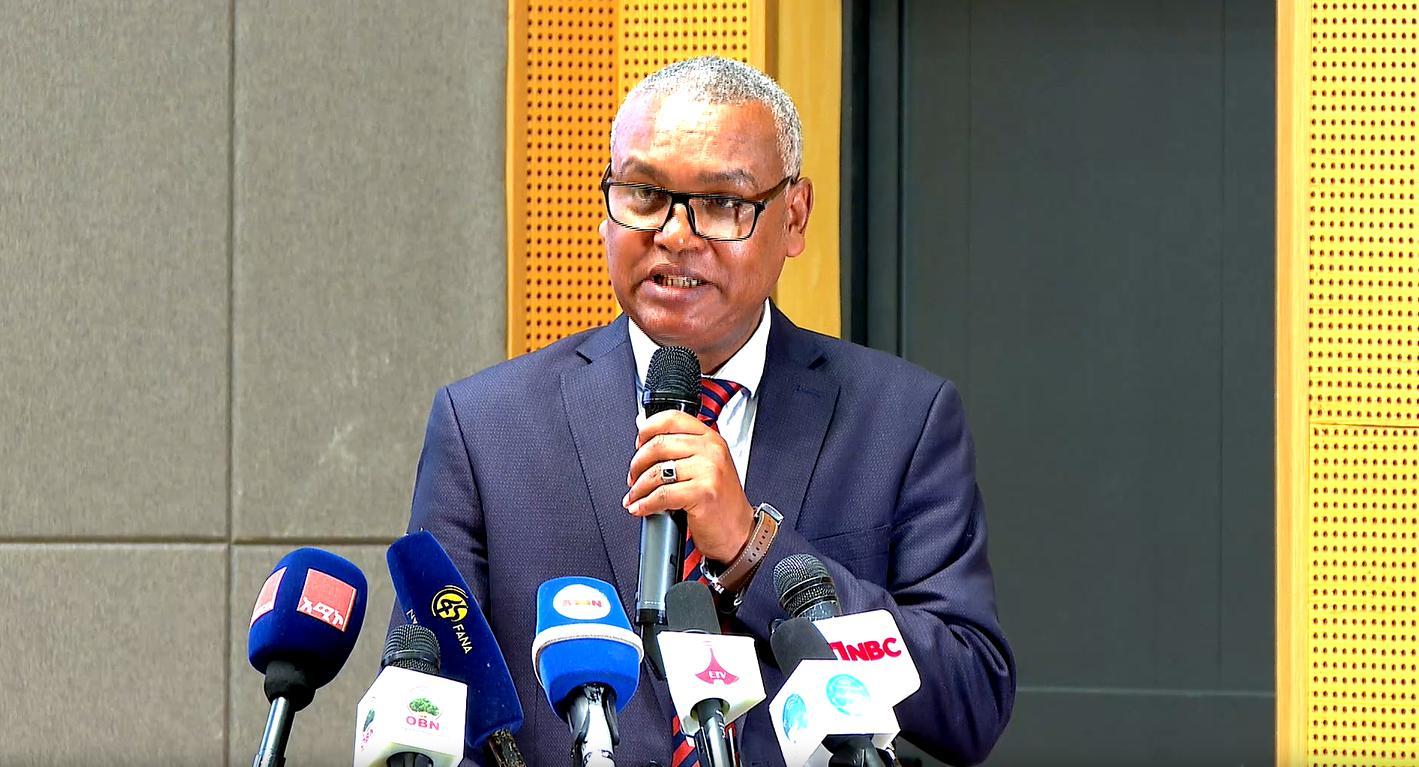Africa-Press – Ethiopia. Serious engagement of the media and communication would play a crucial role in building a unified narrative, shared identity, and aspirations towards achieving an integrated and prosperous Africa, Government Communication Service Minister Legesse Tulu said.
The 15th East Africa Communication Association (EACA) Conference, which brought together scholars, practitioners, and policymakers from across the East African Region and beyond, is underway in Addis Ababa.
The three-day-long conference, themed “Media and Communication in Africa’s Integration,” aims to explore the challenges and opportunities that media and communication present in the context of Africa’s integration efforts.
In his opening remarks, Government Communication Service Minister Legesse Tulu said the media and communication role in integrating Africa is a pressing issue as the continent advances toward deeper economic, political, and cultural integration through Agenda 2063 of the African Union, African Continental Free Trade Area, and other regional initiatives.
According to him, building unified narratives, featuring shared identity and destiny, challenges and aspirations that are vital to achieving an integrated and prosperous Africa, cannot be attained without the support and serious engagement of the media and communication.
“Driving the media and communication towards promoting and supporting regional and continental integration is imperative today as we stand at a critical moment,” he stressed.
For the minister, the media and communication are not just channels of information, but also bridges of understanding, tools of empowerment, and pillars for shaping inclusive and peaceful societies.
The Government of Ethiopia believes that effective communication is essential to strengthen shared identity, foster collaboration among nations, and to enable Africans to tell their own stories in their own voices.
In this respect, Ethiopia, with a strong belief and unwavering commitment to see an integrated Africa, continues to exert efforts toward strengthening ties with East African nations and beyond through infrastructure connectivity, people-to-people relations, and economic cooperation.
Moreover, the government strongly believes and continues advocating for having a continental media house, for it is essential not only for African integration but also to tell the world our own story, Legesse stressed.
East African Communication Association President, Professor Margaret Jjuuko, said the theme, which emphasizes the role of media and communication in Africa’s integration, is a timely and crucial agenda that resonates deeply with the collective aspirations for a unified and prosperous Africa.
Exploring innovative strategies that aid in dealing with media and communication challenges of the time, sharing knowledge, and forging partnerships would propel the integration agenda of Africa forward, she noted.
Jjuuko urged collaboration among stakeholders to harness the power of media and communication to build a brighter future for Africa.
On his part, Addis Ababa University Media and Communication Head Abdulaziz Dino emphasized the core enabling elements, concerns, and potential interventions on the subject of the new media and communication changes for Africa’s integration.
The head noted that the rapidly changing digital communication environment has enabled massive and decentralized content production and consumption in Africa, and a good portion of the African public can access and exchange content of various types and viewpoints.
Abdulaziz finally called on scholars in media and communication to be duty-bound in finding ways to not only exploit the opportunities the new technology presents but also to address the challenges.
For More News And Analysis About Ethiopia Follow Africa-Press






